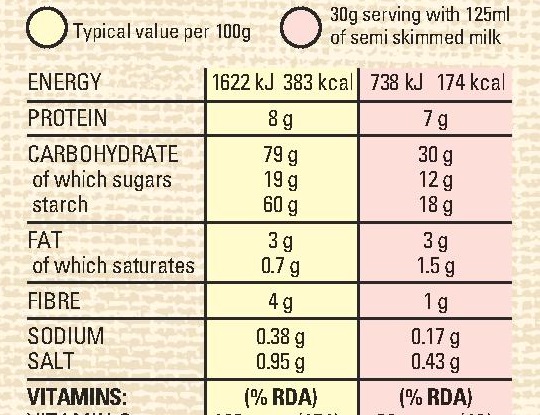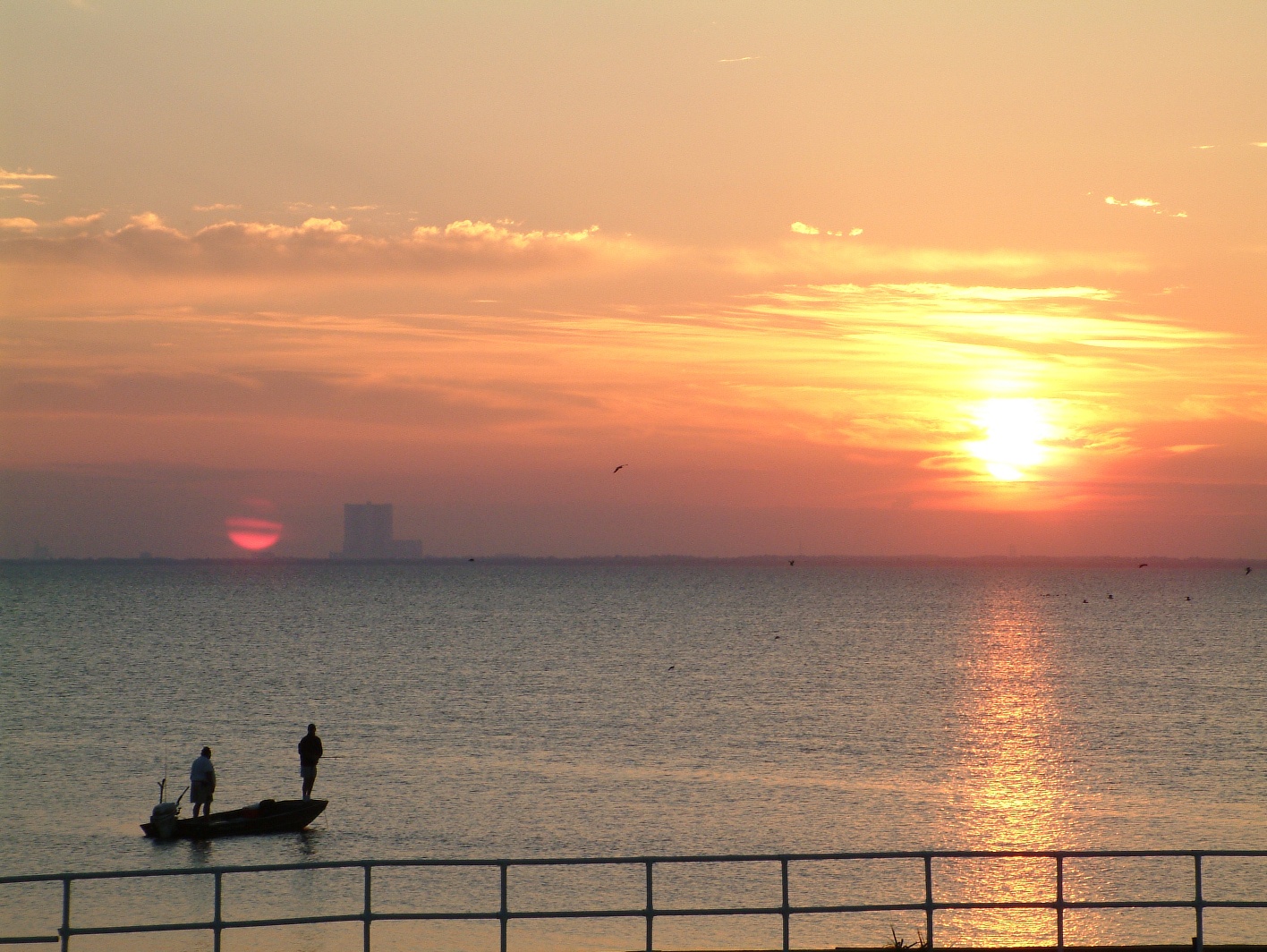Only a minor rant today about how effective advertising is and how our views of the world are shaped by what we are told rather than what we try to find out for ourselves using sceptical thinking tools.
Special K is a breakfast cereal made by Kellogg’s. The adverts on television promote Special K as a healthy alternative to other breakfasts and good for losing weight. Most of the adverts have a good looking woman in a red swimming suit enjoying life to the full. The message is clear:
Eat Special K and lose weight, be healthy and live a wonderful life.
As far as I can tell, Kellogg’s are perfectly able to make these claims because they all mean ABSOLUTELY NOTHING. The adverts make no particular claims that would require evidence, so I [grumpily] admit that the adverts themselves are perfectly ok to broadcast.
If you want to find out more about the sexual views and (non) medical ideas of the man who invented Corn Flakes then please look here. I am going to look solely at the information I can find about Kellogg’s cereals.
If you want to lose weight then you need to follow this principle:
Calories in should be lower than calories out.
I’ve explained this before in this communication. Therefore you would expect that Special K has significantly lower energy content that other cereals made by Kellogg’s. Let’s see.

As you can see here, 100 grams of Special K contains 375 kcal. To burn that much energy off you would have to walk/run around 4 kilometres. Now, let’s see what Kellogg’s Original Corn Flakes contains:

I’m sorry this isn’t the actual panel from Kellogg’s but their website wasn’t working properly and I couldn’t get the information. Let’s read what this information tells us.
CORN FLAKES HAS FEWER CALORIES THAN SPECIAL K
Holy Cow! How does that happen? The adverts tell us one thing but in reality the truth is completely the reverse. I’m pretty sure that Special K tastes like cardboard too, so perhaps everyone should just swap to standard Corn Flakes. In fact when we look at the energy content of other Kellogg’s products we can see that there isn’t a great deal of difference in energy terms.


So, 100 grams of these cereals are all around 380 kcal. It doesn’t make a great deal of difference which one you eat. However, I am not sure of 100g of Corn Flakes LOOKS the same amount in a bowl compared to 100g of flakes with extra sugar coating. It could be that you will fill the bowl to the same level but end up eating many more calories because the coated flakes are more massive. This is a test I might do one day.
Also, I am not commenting on the extra sugars you will eat if you have sugar coated cereal. This is not a communication about how healthy a particular cereal is, it’s about the energy content and the impression given by advertising.
So, what should we learn from this? I think this shows clearly that advertising works extremely well at forming opinions about certain products and their effects on us in terms of health. ALL advertising claims should be taken sceptically until you have investigated them for yourself. Don’t dismiss or accept things straight away. It is perfectly OK for you to think or say:
That sounds interesting but I’ll form my own opinion once I’ve investigated it a little more.
In fact, that is generally a good approach to life itself.
One more thing. Anti-aging creams can legally ONLY advertise themselves as anti-aging if and only if they contain a form of UV sun protection. There is little evidence that any of the other stuff they put in creams will protect your skin from the 3/5/7 signs of aging.
